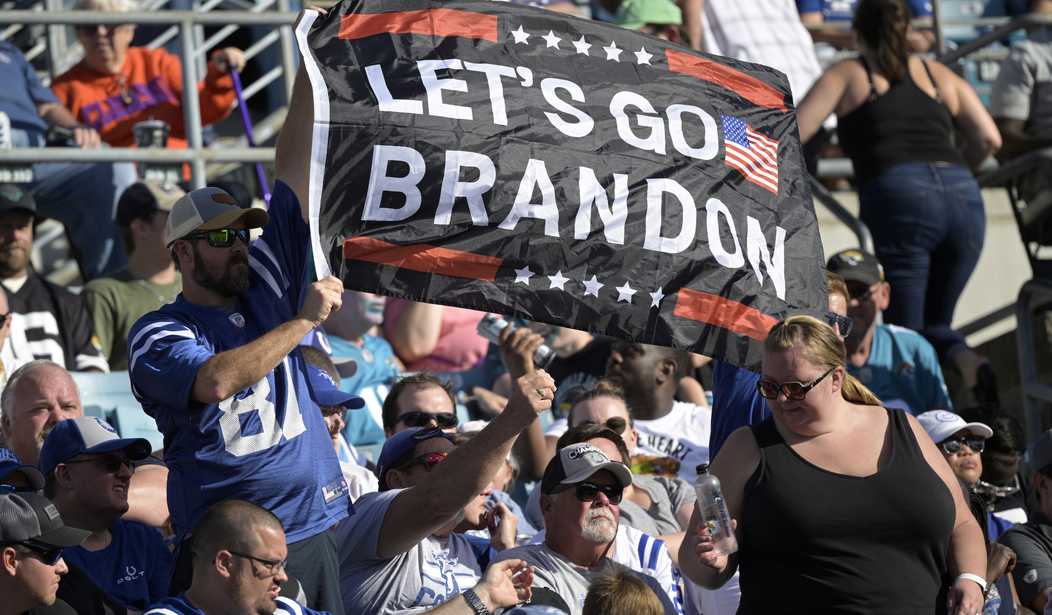Several years ago, in speaking with a friend who was an official of South Korea's conservative, pro-U.S. political party, then called the "Liberty Korea Party" and now known as the "People Power Party," I was gently informed that as an American, I would not be able to fully comprehend the problems faced by Korean conservatives in their struggles with their leftist opponents. Seeking to satisfy my curiosity, I nevertheless pressed my friend to disclose to me the nature of these difficulties faced by his party and by Korean conservatives more broadly. It was the reply which I received that forever changed my badly mistaken impression that Korean politics was something totally alien and perhaps even incomprehensible to me and my fellow Americans.
My Korean friend and conservative party official frankly explained to me that the problems plaguing him and his fellow conservatives in Korea, which resulted in very substantial electoral advantages to Korean leftists, and which I, as an American, would probably not be familiar with and therefore unable to easily comprehend and relate to, were as follows:
1. The problem of left-wing bias in much of the so-called "mainstream" Korean media, which often slanted coverage against conservatives, and which was even a problem infecting some supposedly conservative-leaning media outlets.
2. The influence of radical labor unions which lent their support to the left-wing party and its candidates.
3. The domination of academia by ultra-left forces, who were indoctrinating students with leftist ideology.
4. The vitriolic slander of conservatives by ignorant but highly-opinionated celebrities, such as movie stars.
5. The betrayals of "conservatives in name only" who sought and put the plaudits of “elite opinion” over principle and loyalty to their own party.
Sound familiar?
Of course, I found these uncanny similarities to be amusing and as I began to more closely follow Korean politics, I came to the inescapable conclusion that in many significant ways Korean politics were surprisingly similar to American politics, and that in some cases, the political phenomena of both nations were almost identical. Just as fashion and musical trends have long made their way from the U.S. to Korea, I found, so too American political trends were present in Korea. It is with this background in mind, and in this context, that I recently noticed that there is now an analogous situation in Korea to the rapid spread of the American political chant and meme "Let's Go Brandon!" despite the absurdly hyperbolic and even downright hysterical reaction to the "coded" insult among some on the left here, who have even laughably attempted to make the case that the slogan is somehow a threat to the very existence of American democracy.
Recommended
The Korean equivalent of the "Brandon" insult targeting Joe Biden relates to the use, directly or in a "coded" manner, the Korean term (and new social media hashtag "myeolgong." In English, the word can be understood as "eradicate communism" or "annihilate communists," and was popular in Korea particularly during the 1960s and 1970s. Now, it’s being employed to convey criticism not only of North Korea (and to some, China, since the Chinese Communist regime is deeply unpopular among Koreans), but also to bash left-wing Korean presidential candidate Lee Jae-myung, who is rightly viewed by many Korean conservatives as being soft on and even sympathetic to North Korea and China. The recent viral spread of the term began when it was used in a social media post by a Korean businessman, the vice-chairman of the Shinsegae Group, a retail- focused conglomerate. The controversy arose when the left began publicly denouncing him for its use and Instagram deleted his post on the grounds that it allegedly violated their policy against "instigating violence."
The "coded" aspect of the controversy, the aspect which is analogous to the spread of the "Brandon" chant in the U.S., occurred in part as a reaction to the removal of the post, when fans of the anti-communist phrase began re-posting it with a hashtag on other social media, and when several conservative Korean politicians, including the pro-U.S. presidential candidate Yoon Seok-yeol, got into the act. Yoon (soon followed by other conservative politicos) posted photos of himself shopping in a Shinsegae-owned supermarket in which he made a point of proudly displaying his purchases of anchovies and beans, since the first syllable of the Korean word for anchovies is "myeol" and the word for beans is "gong." These "supermarket incidents" were clearly reactions to censorship attempts by social media.
Another similarity between the U.S. and Korean controversies was in the unhinged reaction of those on the left in the U.S. and Korea, mostly supporters of the U.S. Democratic Party and the Korea Democratic Party. In Korea, leftist Democratic Party politicians and their supporters not only condemned the use of the term "myeolgong," but also engaged in a bit of American-style "cancel culture" by launching a campaign to boycott businesses affiliated with the Shinsegae group, such as Starbucks in Korea. Democratic Party presidential candidate and dedicated leftist Lee Jae-myung, who is, to put it politely, not a huge fan of the U.S., joined in this vilification of those citizens and conservative politicians who expressed their hatred of communism. Lee was apparently upset by the use of the supposedly offensive and reactionary term "myeolgong," fearing it would set back ties with North Korea and China, since Lee has made it clear that he intends to pursue appeasement policies towards them.
See all the analogies?
All of a sudden, Korean politics doesn't seem so totally alien and unfamiliar, does it?

























Join the conversation as a VIP Member